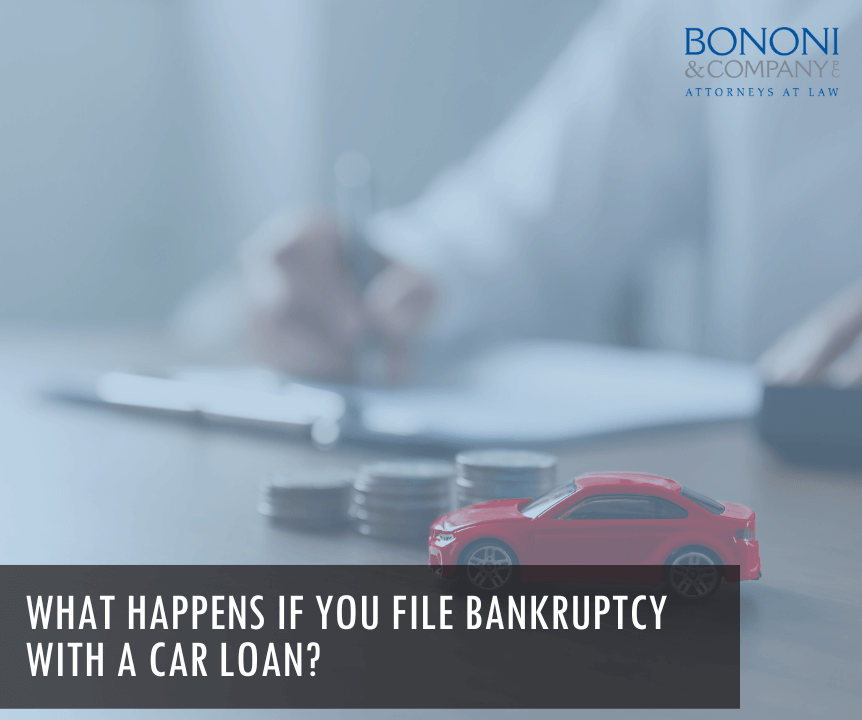
For the majority of my Chapter 7 bankruptcy clients, the answer is straightforward: the auto loan is affected by the bankruptcy. You likely have the option of keeping your car. Simply carry on making the required lease or loan payments.
It might be complicated what happens to the car loan in bankruptcy, but I believe I have a clear explanation.
Two documents must be signed when buying a car. The first is a promissory note, while the second is a lien on the title. The promissory note is your agreement to the lender that you will personally pay the debt owed on the car. The lien on the title is the guarantee the lender gets that you will pay back the loan.
When you file for bankruptcy and get a discharge, you no longer have a personal responsibility to pay for the automobile under the promissory note. The lien on the title, however, remains. This implies that if you surrender your car to the creditor, they can only take the vehicle and not require you to pay off the rest of the debt. If a client is upside down on their car or has previously rolled over negative equity in the purchase of the current vehicle, this might be a great tool for them.
A chapter 13 bankruptcy might require your lender to lower your interest rate or the principal amount owed on your automobile. You have the choice of keeping your vehicle at this lower payment, or you can surrender the vehicle to the creditor and receive a new car and loan.
Many of my chapter 13 clients use payment restructuring and interest rate reductions to make their automobiles more affordable and to free up revenue each month by reducing their payments.
Our team can assess your options and assist you in making the best decision for you and your family. The main fact is that if you want to keep your car, most individuals can, whether they file chapter 7 or chapter 13.
If you have any questions about the topic discussed in this article, or any bankruptcy law matter, please give us a call at Bononi & Company 724-832-2499.
